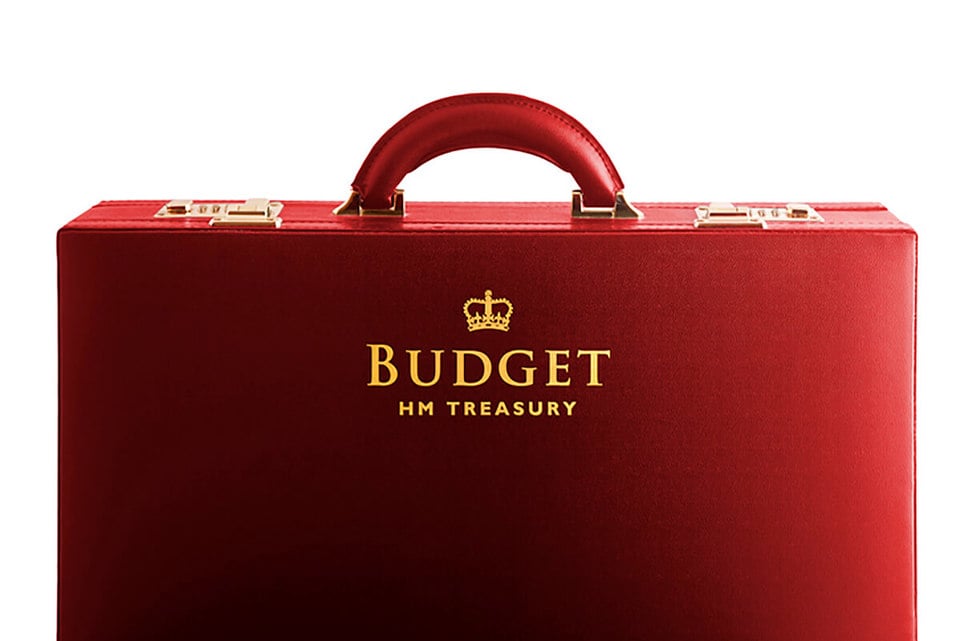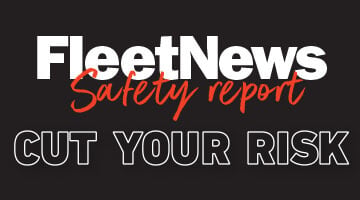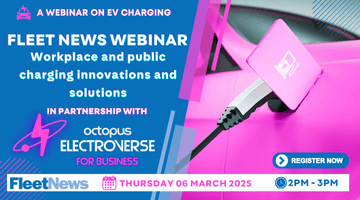A series of tax changes that would have a major impact on the fleet industry are being considered by the Government.
A report by the Office of Tax Simplification (OTS) outlines a host of quick wins and ideas aimed at simplifying the reporting and taxing of benefits and expenses for four million employees and 300,000 employers.
It describes the present system, which annually contributes more than £3.3 billion in tax revenues and National Insurance to the Exchequer, as being “ripe for a complete overhaul”.
One of the key aims of the report is to substantially reduce – perhaps by as much as 90% – the 4.4 million P11D forms completed annually.
Some of the quick wins have already been introduced, such as introducing a facility to re-submit P11Ds online, and others could feature in the Budget on March 19.
John Whiting, OTS tax director, said: “It is clear that the current system for reporting expenses and benefits is simply not working well for employers or employees and also, in many cases, HMRC.
“Time and again, through our workshops and in submissions, people have told us that the rules around travel and subsistence, accommodation or HMRC admin, are causing them problems and costing them time.”
The OTS was established in July 2010 to provide expert advice to the Chancellor on options to improve and simplify the UK’s tax system.
Its report has been submitted to the Treasury with the possibility that some of the measures could be announced in the Budget.
Jeff Whitcombe, tax specialist and director of business car consultancy BCF Wessex, said: “Some of the recommendations may be taken forward as part of the Budget 2014 process, but it is likely that the vast majority of the proposals may take several years to come to fruition.
“This year’s Budget is much more likely to include some of the quick wins set out in the OTS interim report.”
The 86-page Review of Employee Benefits and Expenses report, which was preceded by a 110-page interim report, describes expenses as a ‘tax minefield’, with rules last updated in the late 1990s.
It calls for further work to be undertaken to examine the case for applying Class 1 National Insurance Contributions (NICs) to all employee remuneration – whether cash or benefits-in-kind – as part of a fundamental modernisation of the entire tax and National Insurance regime.
However, the OTS says that 43 quick wins could lead to simplification without significant underlying rule changes (visit fleetnews.co.uk/quick-wins for the full list).
They include aligning tax and National Insurance treatment of Approved Mileage Allowance Payments (AMAP) rates over the tax-free rate of 45p per mile.
For income tax purposes there are two rates: 45ppm for the first 10,000 business miles; and 25ppm thereafter. But for NIC the 45p rate applies to all business miles.
If an employer pays in excess of the AMAP rate, the excess is subject to Class 1 NICs but PAYE is not applied, instead the amount is reported on the P11D.
The OTS argues that the different NIC rules reflect the fact that for NICs there are weekly or monthly earnings periods rather than yearly ones.
As a result, the rate differential means that the NICs scheme may be seen as more generous to employers/earners, even though with no NIC equivalent to mileage allowance relief it means that employees are disadvantaged.
It’s also recommending that HMRC should remove the ‘unnecessary burden’ of requiring the retention of fuel VAT receipts for expense claims where only a mileage rate has been claimed.
It also wants fleet operators to be allowed to buy multi-year road fund licences to ease the administration burden.
The Department for Transport has announced abolition of the tax disc from October, but the OTS says although such a procedure would lose the Government money due to the periodic ‘uprating’ of the road tax, there would be useful compensation in the upfront payment of the tax for a number of years.
The OTS also suggests that the car fuel benefit should be based on the cost of the fuel put in a vehicle’s tank and not how it is paid for. It says the current procedure is “derided, widely ignored and seen as impractical” and has been overtaken by technology.
It says the treatment of company-provided fuel by way of a fuel card differs, dependent on whether an employee stipulates that they are acting on behalf of their employer and that is accepted by the garage attendant, or the employee goes to pay at a pump and inserts the employer fuel card before fuelling.
Whitcombe said: “A measure that may be introduced in the Budget is the alignment of AMAP mileage rates for tax and NICs, with an amendment to the rates to ensure that the maximum tax-free payment should not fall to 25p per mile once the 10,000 mile threshold is reached.”
Big picture ideas featured in the report include the abolition of the £8,500 threshold, which was set in 1979.
Employees earning above that sum are taxed on their benefits. If the £8,500 limit had increased in line with inflation, it would be £39,139 in May 2013.
Whitcombe explained: “It should reduce the compliance burden for employers, but must be considered carefully to ensure that lower paid employees are not adversely affected.”
If the earnings threshold was increased to around £40,000 in line with inflation, there would be a substantial reduction in the number of P11Ds to be submitted and an increase in the number of P9Ds, expenses payments and income from which tax cannot be deducted.
However, the report recognises that there would also be a considerable cost to the Exchequer, as many taxpayers would no longer be taxed on some benefits.
In 2010/11, the most recent year for which official figures are available, tax and NICs paid on car benefits totalled £1.64 billion (50% of the total collected by HMRC) and on car fuel the sum was £360 million (11%).
Between 2005/6 and 2011/12 there have been significant falls in employers offering cars (15%), car fuel (33%), mileage allowances (31%) and vans (55%), says the report.

















Login to comment
Comments
No comments have been made yet.